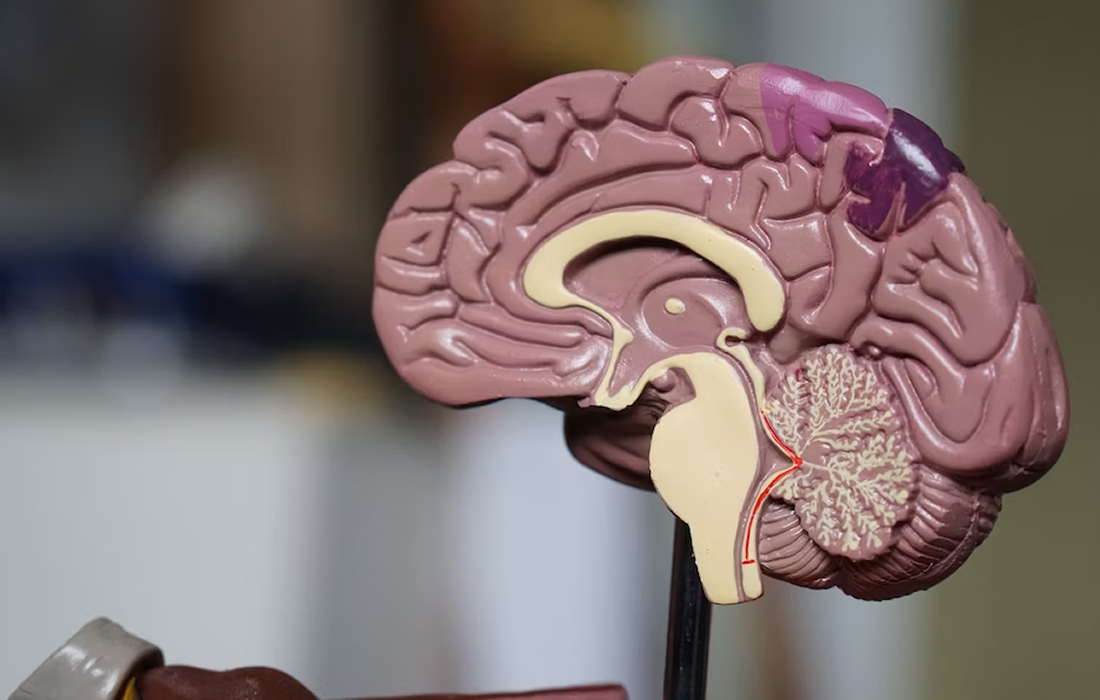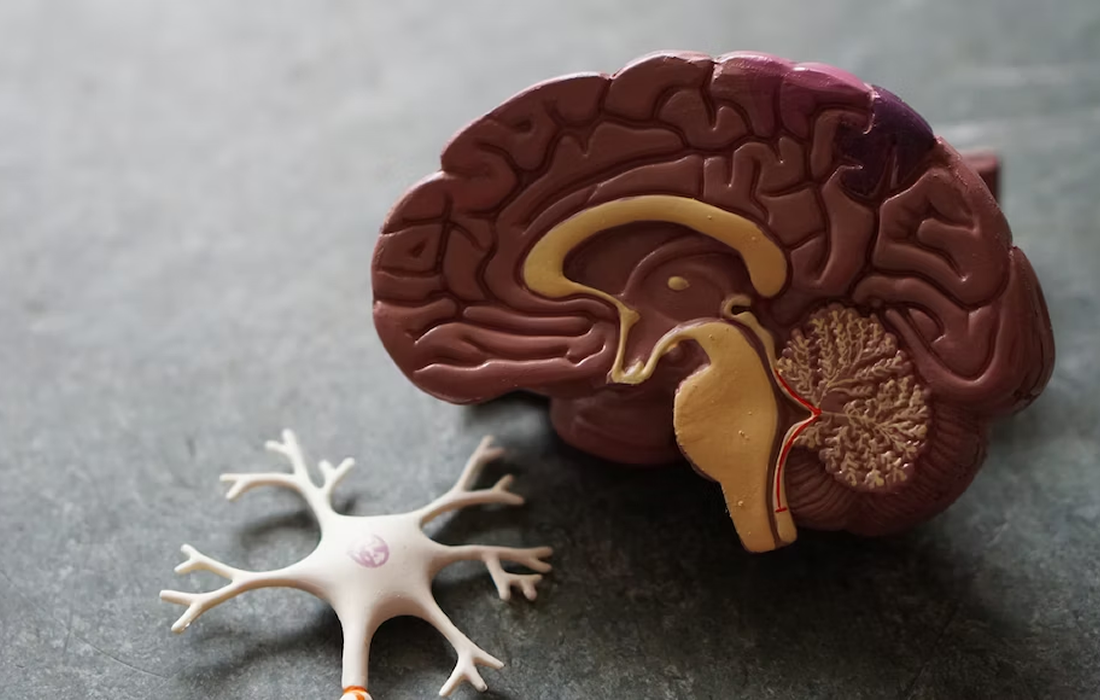A team of scientists from A*STAR’s Genome Institute of Singapore (GIS) and the Yong Loo Lin School of Medicine, National University of Singapore (NUS Medicine) has made an important breakthrough in the fight against RNA viruses that cause human diseases and pandemics. Their research shows that the CRISPR-Cas13 editor delivered by adeno-associated virus (AAV) can […]
Author Archives: Karely Vega, MD
Novel blood testing technology being developed by researchers at the Johns Hopkins Kimmel Cancer Center that combines genome-wide sequencing of single molecules of DNA shed from tumors and machine learning may allow earlier detection of lung and other cancers. The test, called GEMINI (Genome-wide Mutational Incidence for Non-Invasive detection of cancer), looks for changes to […]
Treatment with modern antidepressants may help prevent patients with bipolar disorder from relapsing into a depressive episode, according to an international clinical trial led by researchers at the University of British Columbia. The findings, published today in the New England Journal of Medicine, challenge current clinical practice guidelines and could change how bipolar depression is […]
Research at the Florida State University College of Medicine has identified a potential low-cost method for predicting if a person is at risk of developing dementia. By analyzing data from nearly 13,000 subjects who participated in a long-term aging study, researchers found that an interviewer’s rating of a cognitively healthy person’s memory successfully predicted the […]
New research reveals a type of monoclonal antibody already tested in certain forms of cancer may be a promising treatment in stopping the progression of amyotrophic lateral sclerosis, or ALS, a fatal neurodegenerative disease. The study, led by scientists at Oregon Health & Science University, published today in the Proceedings of the National Academy of […]
A study conducted at Vanderbilt University Medical Center and 11 other hospitals and practices across the United States shows that use of low-dose atropine eyedrops, commonly used in a higher dose to treat lazy eye, was no better than a placebo at slowing myopia (nearsightedness) progression and elongation of the eye among children treated for […]
Neurons produce rhythmic patterns of electrical activity in the brain. One of the unsettled questions in the field of neuroscience is what primarily drives these rhythmic signals, called oscillations. University of Arizona researchers have found that simply remembering events can trigger them, even more so than when people are experiencing the actual event. The researchers, […]
A global study co-led by researchers from The University of Queensland and Harvard Medical School has found one in two people will develop a mental health disorder in their lifetime. Professor John McGrath from UQ’s Queensland Brain Institute, Professor Ronald Kessler from Harvard Medical School, and their colleagues from 27 other countries, analysed data from […]
Common beans are important food sources with high nutritional content. Bean seeds also contain phenolic compounds, which have antioxidant and anti-inflammatory properties that promote health. A study from the University of Illinois Urbana-Champaign and CIATEJ in Guadalajara, Mexico, explored the composition of seed coat extracts from black and pinto bean varieties unique to the Chiapas […]
Research from Ann & Robert H. Lurie Children’s Hospital of Chicago found that direct injection of neonatal mesenchymal stem cells, derived from heart tissue discarded during surgery, reduces intestinal inflammation and promotes wound healing in a mouse model of Crohn’s disease-like ileitis, an illness marked by chronic intestinal inflammation and progressive tissue damage. The study, […]










